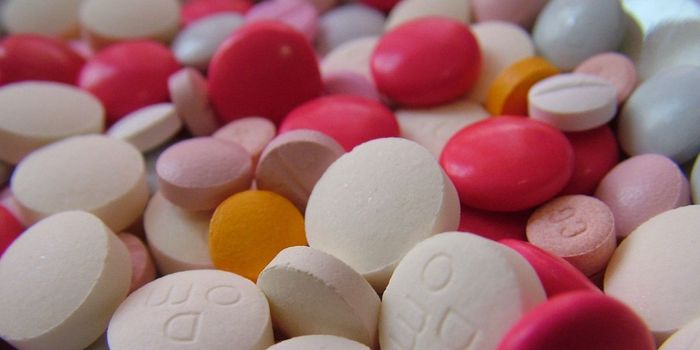This Is Not Ordinary Rehab
When Amy Winehouse sang "They tried to make me go to rehab, I said no, no, no" she was referring to substance abuse treatment. Rehab could mean another kind of addiction, however.
The World Health Organization (WHO) is the global authority on tracking disease and public health concerns. They publish a guide called the International Classification of Disease. It's revised regularly, and in March of this year, a beta version of the proposed ICD-11 was published online, with the final version publishing in June. For the first time, it included Gaming Disorder as a disease. The decision was controversial, and some experts disagreed. The Diagnostic and Statistical Manual of Mental Disorders is considering adding it as well but has not yet done so.
In both publications, the goal is to collect data on diseases, conditions, and diagnoses from all over the world so that they are a resource for patients, healthcare providers, and scientists. Gaming disorder in the WHO ICD-11 is defined as "impaired control over gaming, increasing the priority given to gaming over other activities to the extent that gaming takes precedence over other interests and daily activities, and continuation or escalation of gaming despite the occurrence of negative consequences. For gaming disorder to be diagnosed, the behavior pattern must be of sufficient severity to result in significant impairment in personal, family, social, educational, occupational or other important areas of functioning and would normally have been evident for at least 12 months."
Treatment for gaming disorder usually involves a residential stay at a rehab center, but since gaming disorder is not the same as alcohol or drug addiction, where can patients get treatment? In Seattle, the first rehab for gaming disorder and other digital addiction is finding a home. It's called reSTART, and it opened in 2009, well before gaming disorder was officially recognized. The center offers several programs for adults and adolescents who have become addicted to digital media. It doesn't focus only on video games, but other tech addiction as well. When patients first begin a program, they have no access to any form of digital media. Patients staying at the center have a chore chart to keep busy and take part in group therapy sessions. Much like Alcoholics Anonymous, where patients have a chance to talk to others with the same issue, a treatment center dedicated to internet and gaming addiction, offers the same kind of mutual support.
After eight weeks of no screens, no cellphones and no contact with anyone outside of the center, patients begin to focus on their use of devices. Treatment is individualized for each patient, depending on what kind of digital use was troubling for them. Experts already know that gaming for extended periods of time, to the level of addiction, can cause structural changes in the brain and alter brain activity. Having gaming disorder recognized officially has helped patients reach out for help. So far the center has seen hundreds of clients overcome their addiction to technology. Check out the video below to hear from the director of reSTART and hear from some patients who have found success in the program.









